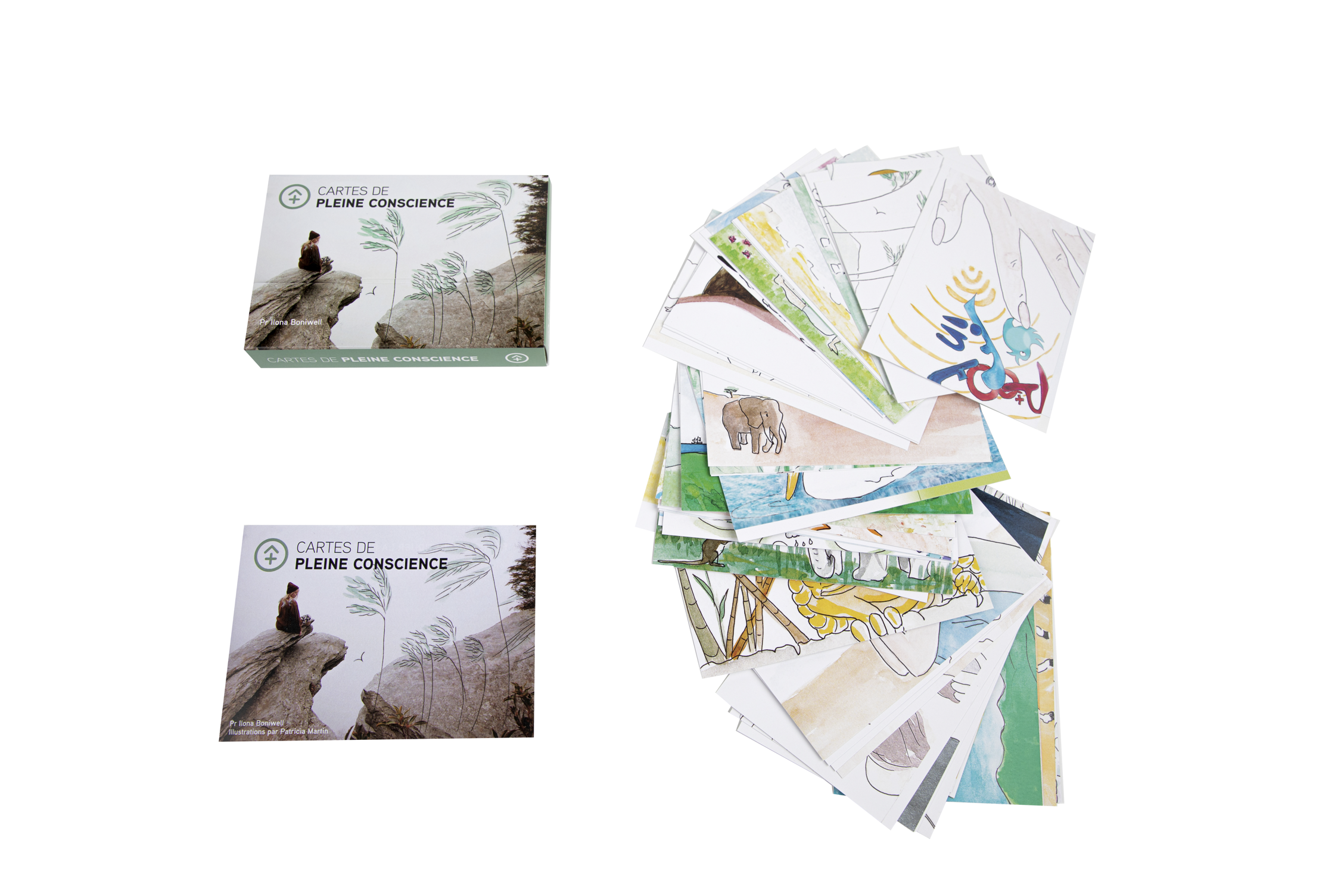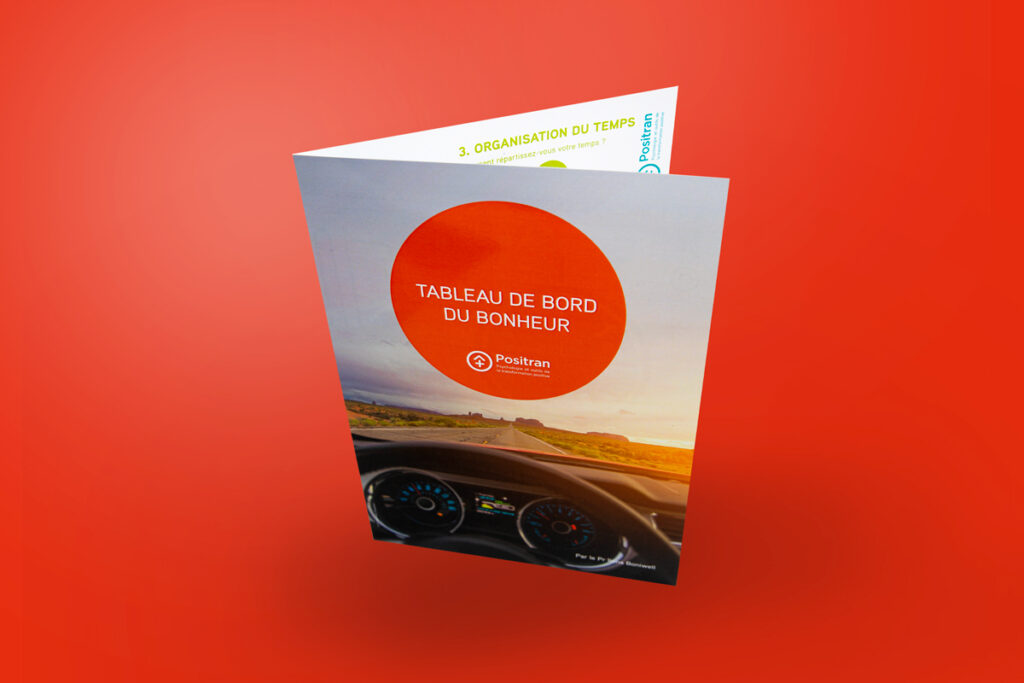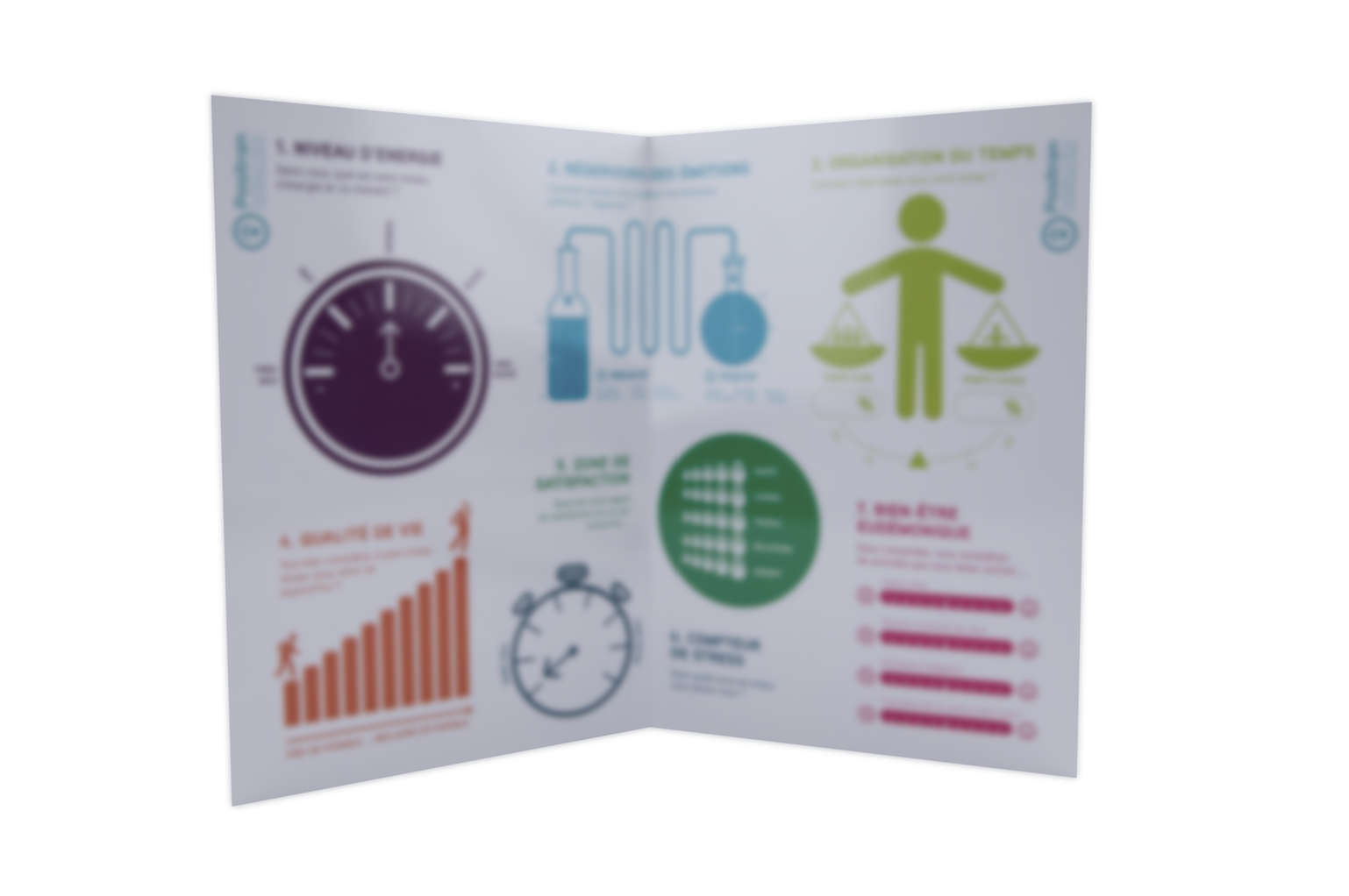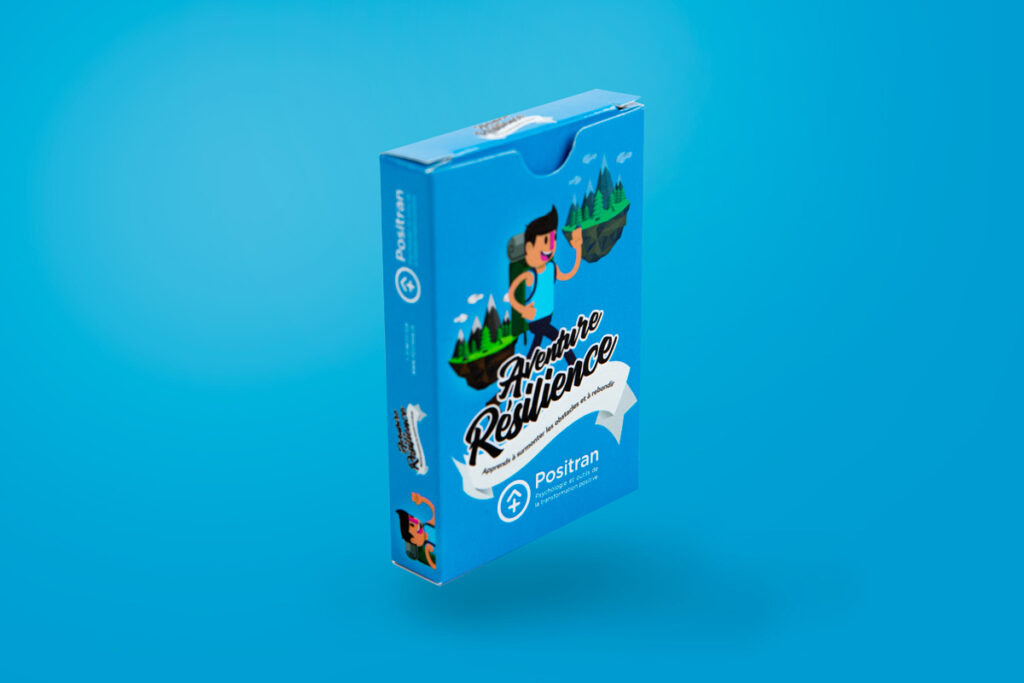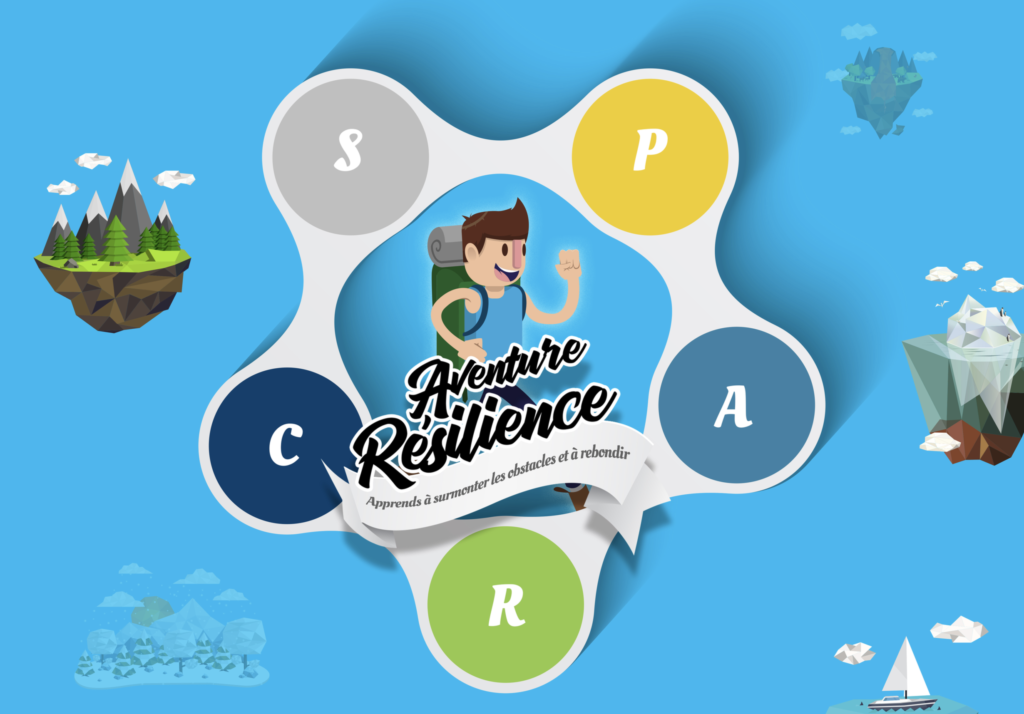
Training - Resource-oriented perspective in the face of difficulties
Pressure and uncertainty are constants. The real question for a leader isn't "how to avoid stress?" but "how to build a team that thrives on it?" This day gives you a method for using your strengths and those of your team as an active resource system in the face of stress, a driving force for creating solutions, and a foundation for developing lasting resilience.

Educational Objectives
Learn to activate your resources (strengths) when faced with a stressful situation and identify your strengths to strengthen to consolidate your ability to cope.
Develop a plan to develop your potential strengths to broaden your range of responses.
Facilitate a strengths-based "solution building" workshop to solve a stressful problem for the team.
Added values
For the leader:
You'll learn how to create an environment that protects against burnout while maintaining high standards. You'll develop the ability to transform pressure into creative energy, strengthening your team's confidence and agility in the face of the unexpected.
For the company:
It's a proactive and responsible approach to preventing psychosocial risks (PSR). You invest in leaders capable of ensuring long-term performance by taking care of their human capital.
Issues addressed
Prevention of burnout and exhaustion of key teams.
How can we maintain a high level of demand and performance without "overworking" people?
The team's lack of proactivity and creativity in the face of uncertainty or crises.
A culture where vulnerability is seen as weakness, preventing real problem solving.
Access conditions
Integrated training approach:
The training is based on an interactive and engaging teaching method, alternating theoretical contributions, individual and group exercises, simulations, role plays, and facilitated discussions centered on experience and sharing.
Experiential Methodology:
- Self-diagnosis for personal awareness.
- Workshops in subgroups promoting the exchange of ideas.
- Concrete case studies to link theory to practice.
- Role-playing games to simulate real-life situations.
- Scientifically validated tools.
Optional (extra charge):
Possibility of follow-up modules or post-training coaching for individualized support.
Our training courses are accessible to people with disabilities.
A disability advisor is available to help you study the specific adjustments required.
Registration via a quote request or by email.
Access time according to the training programming schedule, subject to availability.
Registration is validated upon receipt of the signed agreement.
Contact: formations@positran.fr
Assessment methods
Assessment of acquired skills:
- Each activity aims to apply the concepts covered during the training.
- Questions/answers at the end of each teaching sequence
- Formative assessment through observation and feedback from the trainer and peers during workshops.
- Summative assessment through a concrete case study.
Satisfaction Questionnaire:
Hot off the press, to gather participants' immediate impressions.
Training Certificate:
- Certificate of completion of training mentioning the skills targeted.
- Certificate of completion.
3-month survey:
Measure impact with the percentage of participants who implemented key concepts.
Learn to activate your resources (strengths) when faced with a stressful situation and identify your strengths to strengthen to consolidate your ability to cope.
Develop a plan to develop your potential strengths to broaden your range of responses.
Facilitate a strengths-based "solution building" workshop to solve a stressful problem for the team.
For the leader:
You'll learn how to create an environment that protects against burnout while maintaining high standards. You'll develop the ability to transform pressure into creative energy, strengthening your team's confidence and agility in the face of the unexpected.
For the company:
It's a proactive and responsible approach to preventing psychosocial risks (PSR). You invest in leaders capable of ensuring long-term performance by taking care of their human capital.
Prevention of burnout and exhaustion of key teams.
How can we maintain a high level of demand and performance without "overworking" people?
The team's lack of proactivity and creativity in the face of uncertainty or crises.
A culture where vulnerability is seen as weakness, preventing real problem solving.
Integrated training approach:
The training is based on an interactive and engaging teaching method, alternating theoretical contributions, individual and group exercises, simulations, role plays, and facilitated discussions centered on experience and sharing.
Experiential Methodology:
- Self-diagnosis for personal awareness.
- Workshops in subgroups promoting the exchange of ideas.
- Concrete case studies to link theory to practice.
- Role-playing games to simulate real-life situations.
- Scientifically validated tools.
Optional (extra charge):
Possibility of follow-up modules or post-training coaching for individualized support.
Our training courses are accessible to people with disabilities.
A disability advisor is available to help you study the specific adjustments required.
Registration via a quote request or by email.
Access time according to the training programming schedule, subject to availability.
Registration is validated upon receipt of the signed agreement.
Contact: formations@positran.fr
Assessment of acquired skills:
- Each activity aims to apply the concepts covered during the training.
- Questions/answers at the end of each teaching sequence
- Formative assessment through observation and feedback from the trainer and peers during workshops.
- Summative assessment through a concrete case study.
Satisfaction Questionnaire:
Hot off the press, to gather participants' immediate impressions.
Training Certificate:
- Certificate of completion of training mentioning the skills targeted.
- Certificate of completion.
3-month survey:
Measure impact with the percentage of participants who implemented key concepts.
